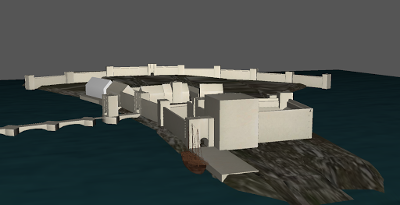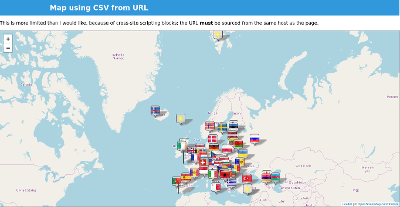Pathmaking
NOTE: this essay is called 'pathmaking', not 'pathfinding', because 'pathfinding' has a very specific meaning/usage in game design which is only part of what I want to talk about here.

Stages in creating routes between locations
Common Home Plan Buildings: Critique
These are detailed notes from my reading of Chapter 2, 'Buildings', of Common Weal's The Common Home Plan. I should start by saying I strongly deprecate publishing documents like this as PDF, it is such a bad format for any critical purpose! Also note that the PDF linked above from the website has slightly different page numbering from the printed version — in my notes, I have used the page numbers from the printed version.
The first point to make I generally agree with this document. Where I haven't commented, assume I'm in agreement! What follows ia mainly nit-picking.
"As soon as the Common Home Plan is agreed, all new houses must be ready for district heating — unless they are 'Energy Neutral' so require no net heating" — P 31
The Virus, and independence

At least 750 — other people online have estimated more — folk in Scotland have died from COVID19 who would not have died if they had lived in any of our northern European neighbours of the same size.
In Denmark, there have been, as of 20th April, 61 deaths per million people. In Estonia, 30. The Faroe Islands, none at all. Finland, 16. Iceland, 26. Ireland, 123. Latvia, only 2. Lithuania, 13. And Norway, 28.
Putting data on the map

A couple of weeks ago, someone came to me with a problem. She had data in a spreadsheet. She wanted to display it as a map, on a website. And she wanted to be able to do that dynamically — that is to say, she wanted the map on the website to update as the spreadsheet changed.
So there were clear routes to several of the parts of this problem:
World enough, and Time

Last night I listened to an episode of the Politics Galore podcast which utterly depressed me: not because the content was depressing (although it was), but because the analysis was so shallow. It analysed Scotland's current dilemma solely in terms of the Westminster political game played by Westminster's first past the post rules. It suggested that the next independence referendum could be, and tactically should be, delayed until the late 2020s, as though nothing in the world would change in the meantime.
Human beings are programmed to believe that nothing much in the world, on a macro scale, will change very much from one year to the next. We call this inductive reasoning, and over the past million years it's served us pretty well. On the whole, tomorrow has been more or less like yesterday; on the whole, next year has been more or less like last. And for most of that time, what lay over the horizon was literally unknowable: oncoming crises, no matter how inevitable, could not be predicted or prepared for.
